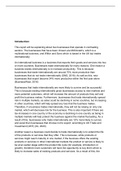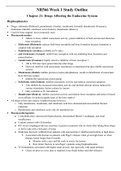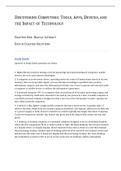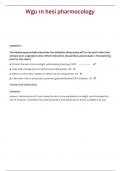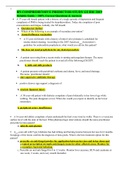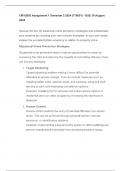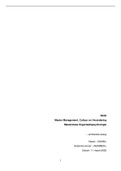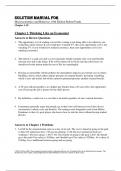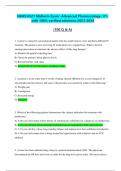Essay
Btec Business Level 3 Unit 5 International Business Assignment 1 - P1, P2, P3, P4, M1, M2, D1
- Institution
- PEARSON (PEARSON)
This is the coursework I have created for BTEC Business Level 3 Unit 5 International Business Task 1, achieving the criteria of P1, P2, P3, P4, M1, M2 and D1 thoroughly and achieving a Distinction grade overall. This coursework goes above and beyond the requirements for this task, by containing a w...
[Show more]
